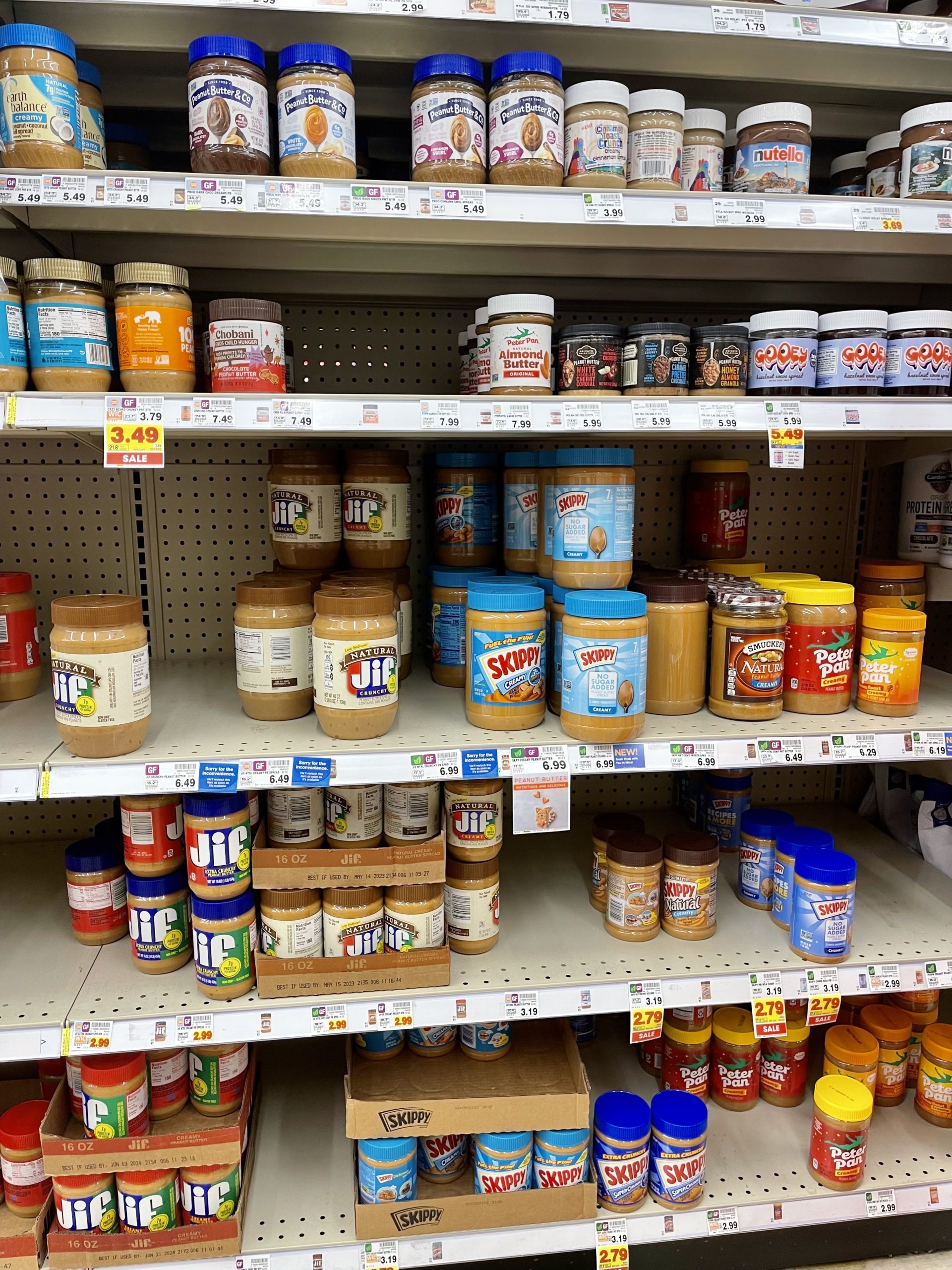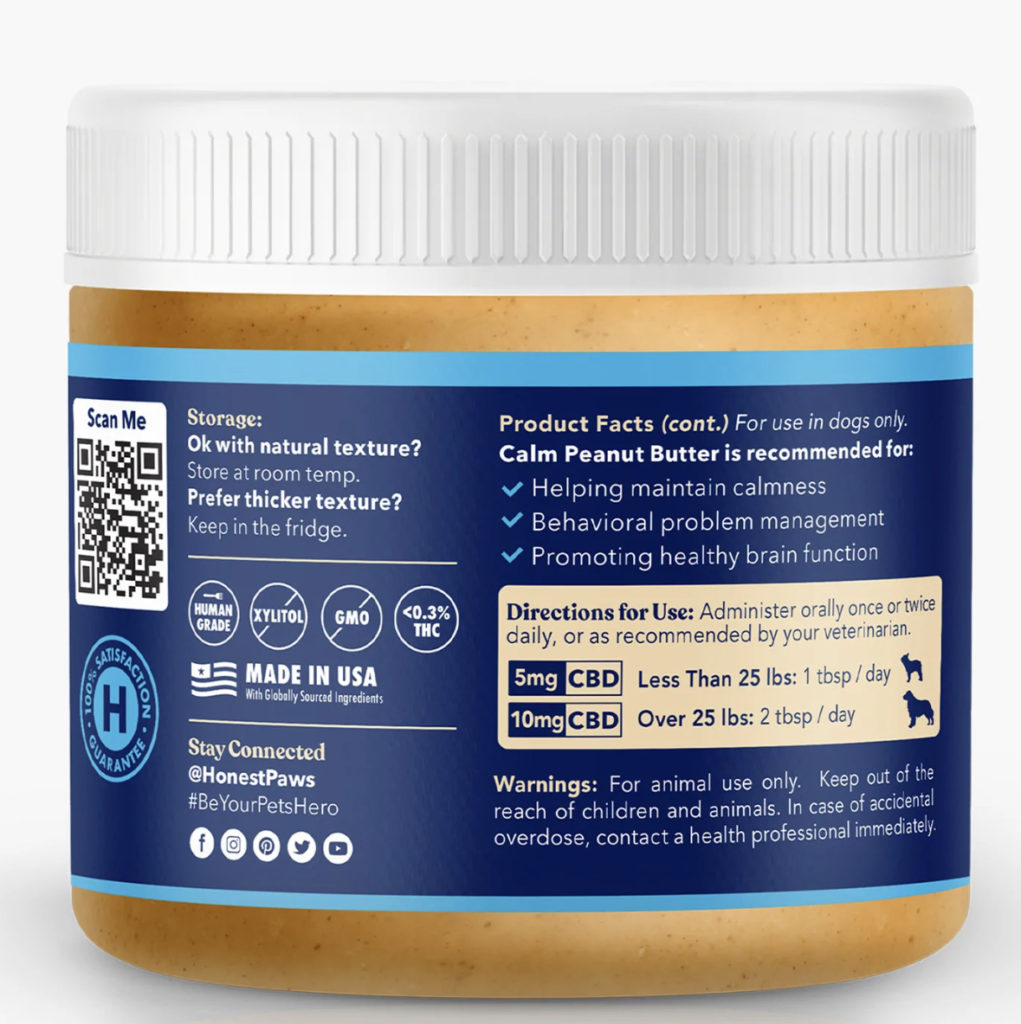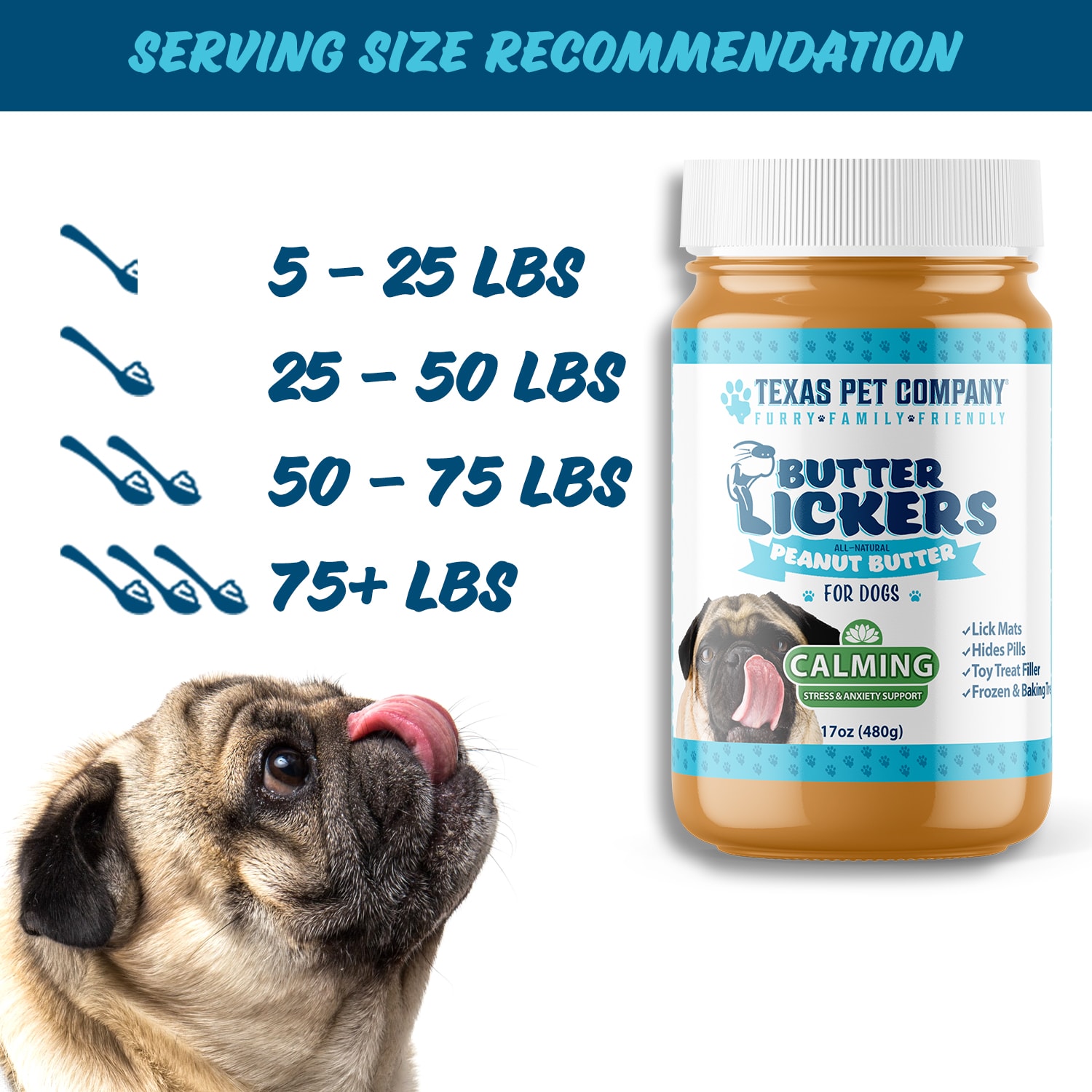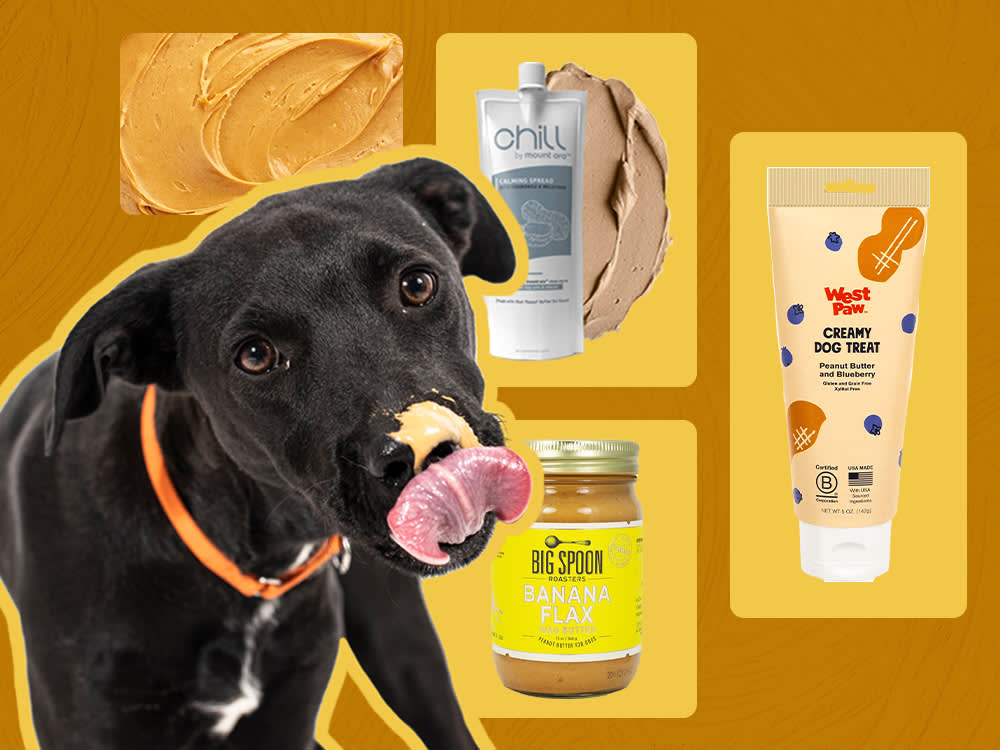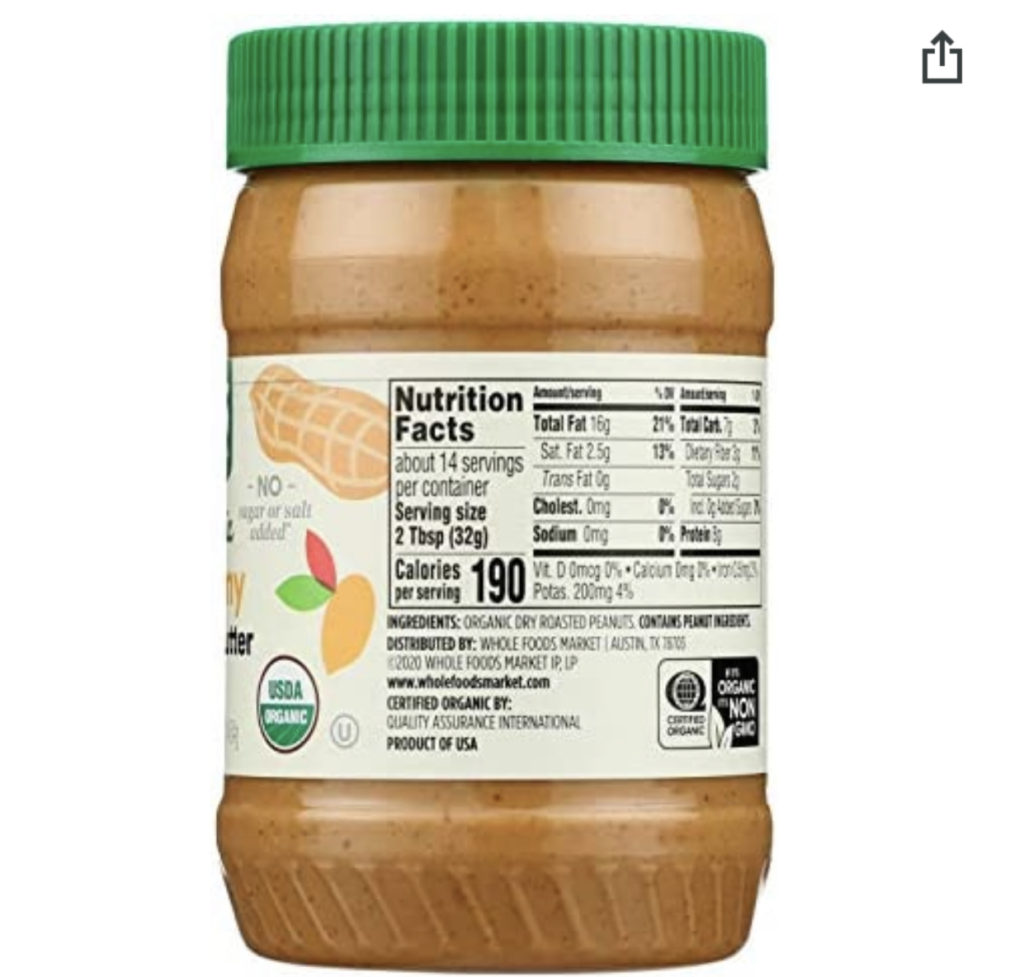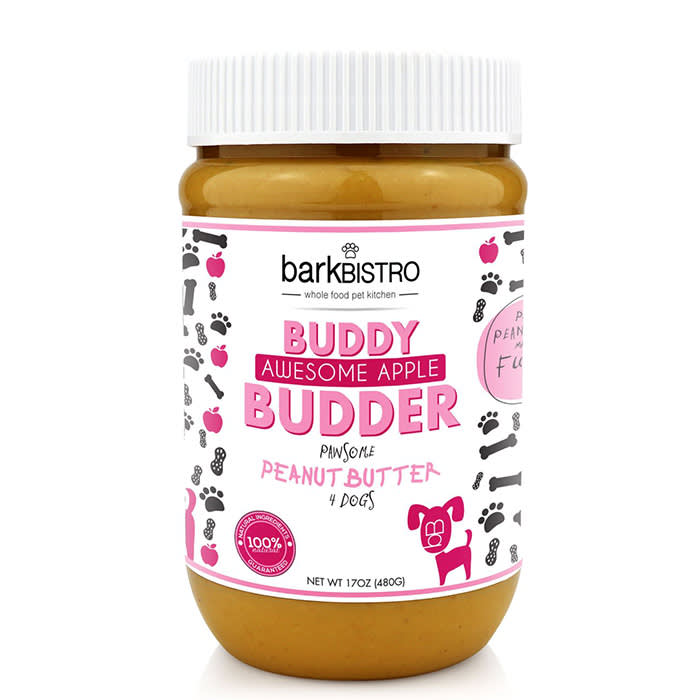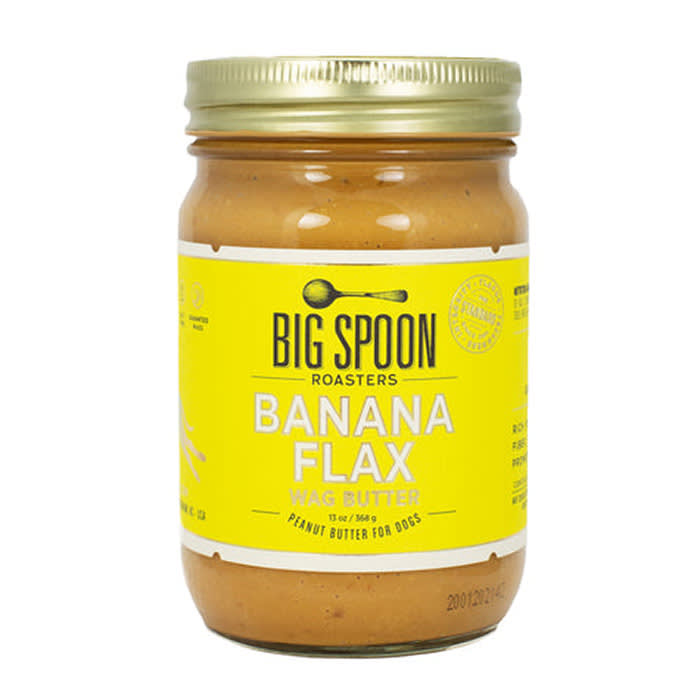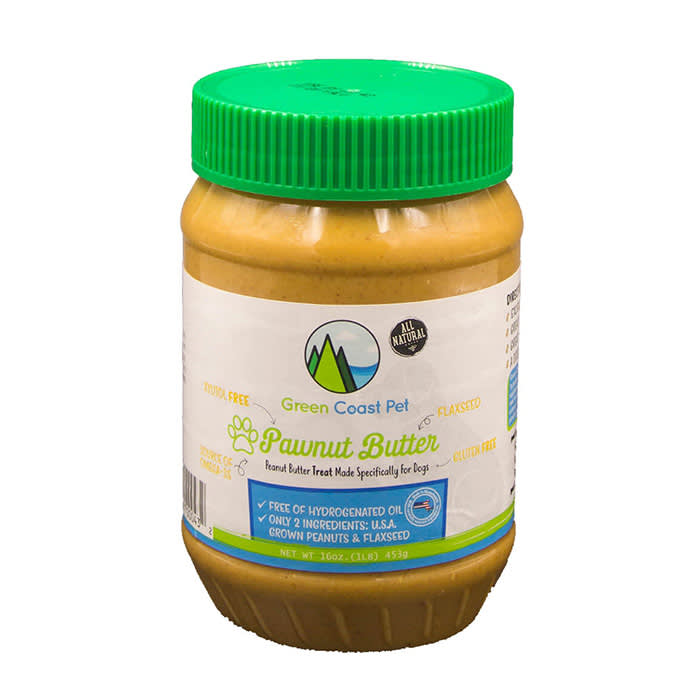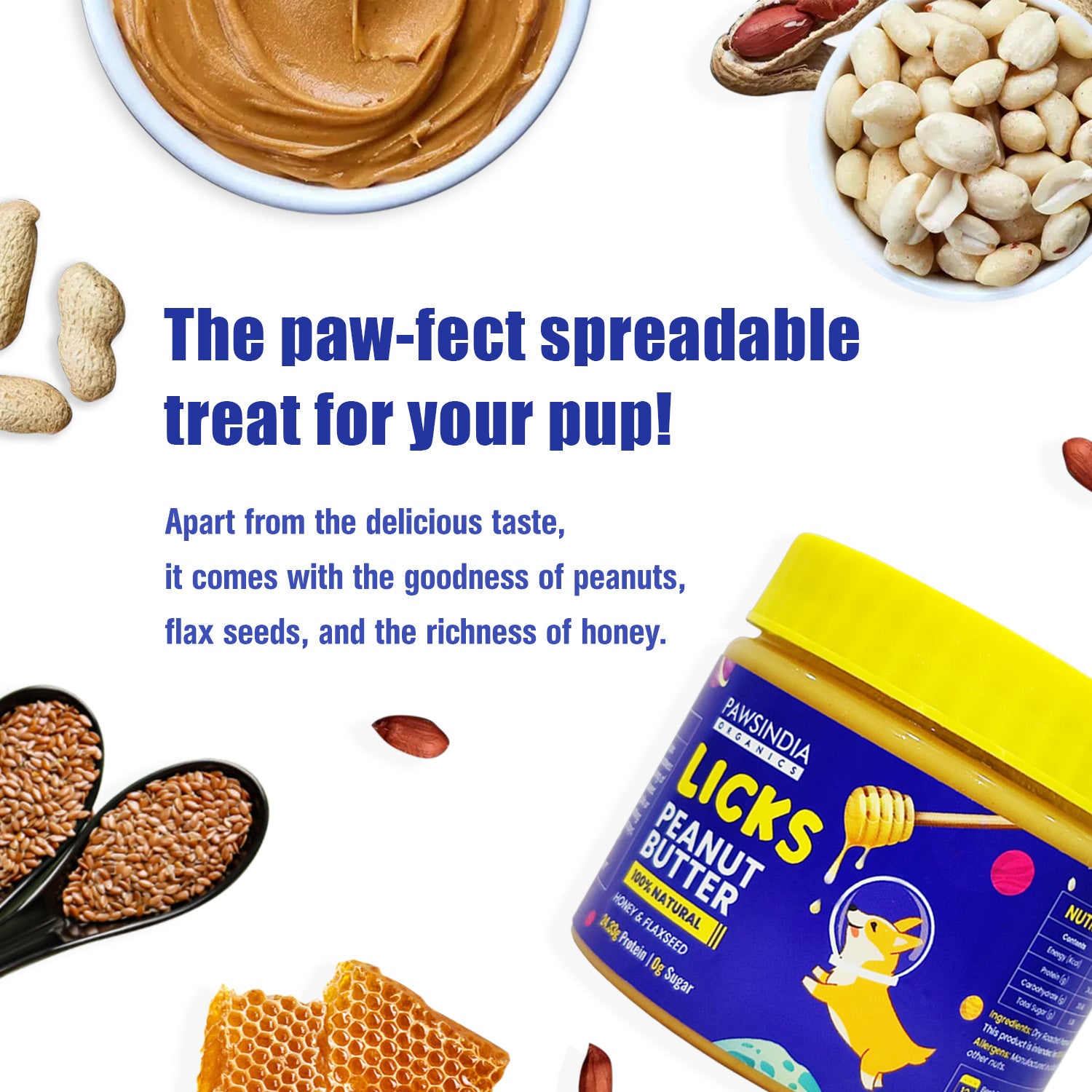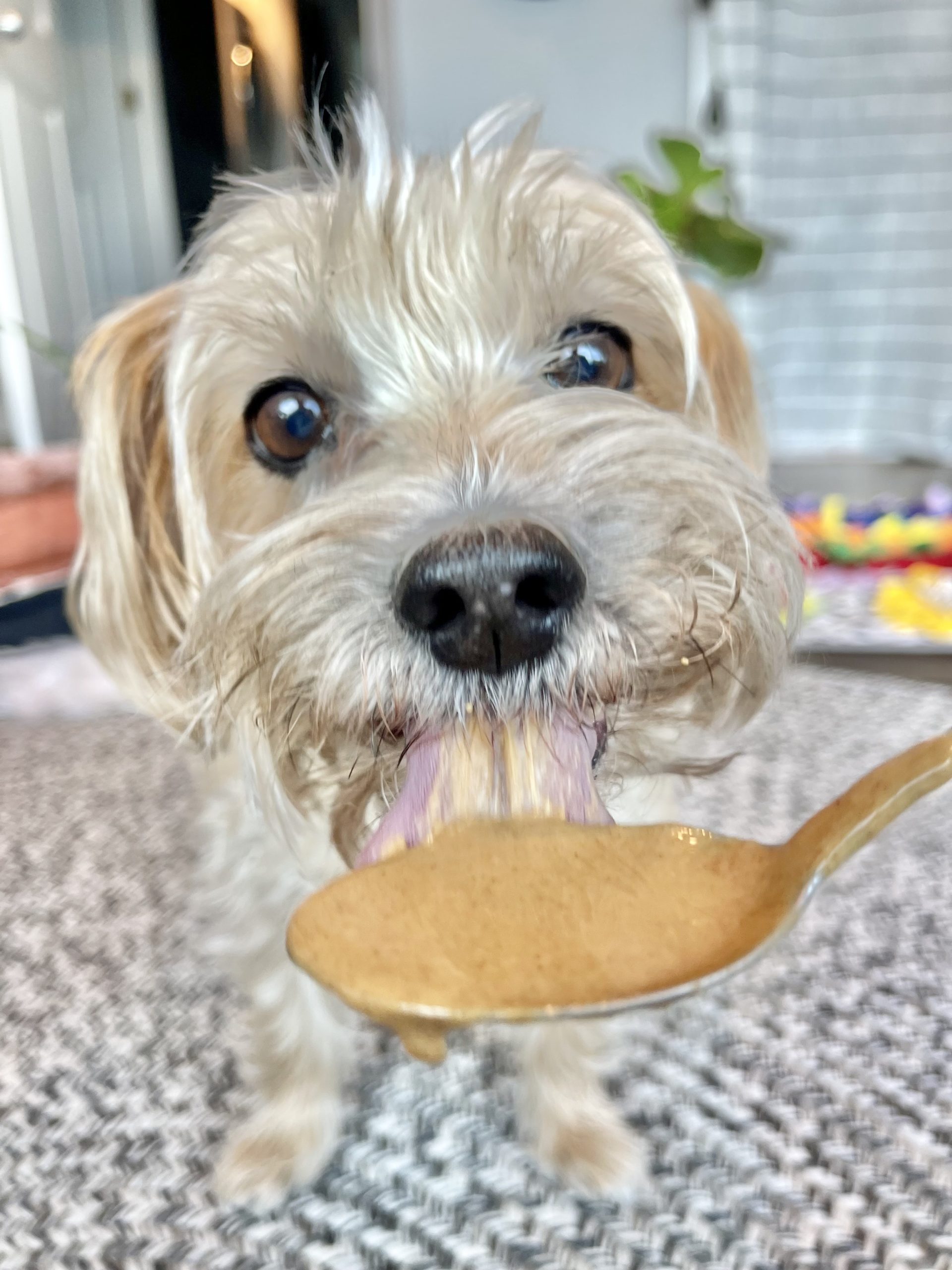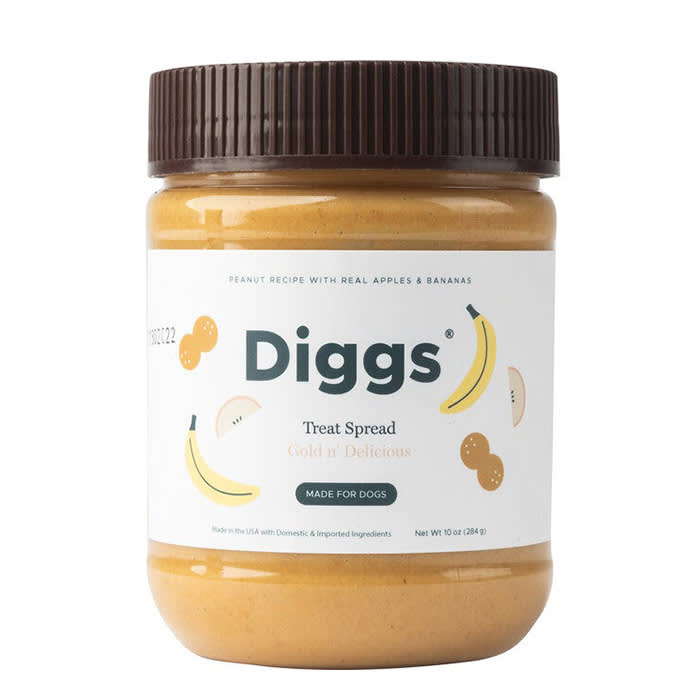Best Peanut Butter Brand For Dogs

Imagine a sunny afternoon, your furry best friend at your feet, tail wagging with uncontainable glee. In your hand, a simple spoon, and on it, a dollop of creamy, nutty goodness. Their eyes lock onto yours, filled with unwavering trust and anticipation. This isn't just any treat; it's a bridge built on flavor, a moment of pure, shared joy. But in a world overflowing with options, which peanut butter is truly the best for our beloved canine companions?
The quest for the perfect peanut butter for dogs isn't just about taste; it's about safety and well-being. This article dives into the world of dog-friendly peanut butters, exploring ingredient lists, potential dangers, and the brands that prioritize canine health. We'll navigate the sticky situation of choosing the right spread, ensuring your furry friend gets a treat that's both delicious and safe.
The Peanut Butter Predicament: Xylitol and Other Concerns
Peanut butter, in moderation, can be a healthy and enjoyable treat for dogs. It's a good source of protein, healthy fats, and vitamins. However, not all peanut butters are created equal. The biggest danger lurking in some peanut butter jars is xylitol, an artificial sweetener.
Xylitol is highly toxic to dogs. According to the ASPCA, even small amounts can cause a rapid release of insulin, leading to a dangerous drop in blood sugar (hypoglycemia) and potentially liver failure. It's crucial to read labels carefully and avoid any peanut butter containing this ingredient.
Beyond xylitol, other ingredients can also be problematic. Some peanut butters contain high levels of sugar, salt, or artificial additives that can be detrimental to a dog's health. Hydrogenated oils and palm oil are also ingredients to consider limiting. These can contribute to inflammation and other health issues.
Decoding the Label: What to Look For (and What to Avoid)
Choosing the right peanut butter requires becoming a label-reading detective. The ideal peanut butter for your dog should have a short and simple ingredient list. The fewer ingredients, the better.
Look for peanut butters that list only peanuts as the primary ingredient. Some may include a small amount of salt, which is generally acceptable in moderation. Avoid peanut butters with added sugars, artificial sweeteners (especially xylitol), hydrogenated oils, or artificial preservatives.
Pay attention to the sodium content as well. While a small amount of salt is okay, excessive sodium can be harmful to dogs, especially those with heart or kidney conditions. Consider opting for unsalted varieties whenever possible.
Brands That Bark Up the Right Tree
Several brands have gained popularity among dog owners for their commitment to safe and healthy ingredients. These are often labeled as "natural" or "organic" and have simple ingredient lists. While a formal "best" rating is subjective, several brands consistently receive positive feedback.
One popular choice is Crazy Richard's 100% Peanut Butter. It contains only one ingredient: peanuts. It’s widely available and a safe, affordable option. Another frequently recommended brand is Smucker's Natural Peanut Butter. It boasts a simple ingredient list and is readily found in most grocery stores.
For those seeking organic options, consider Santa Cruz Organic Peanut Butter. It's USDA-certified organic and contains only peanuts, making it a safe and healthy choice for your furry friend. Always double-check the label to confirm the ingredients haven't changed.
DIY Peanut Butter: A Homemade Happiness
For the ultimate control over ingredients, consider making your own peanut butter. It's surprisingly easy and allows you to customize it to your dog's specific needs and preferences. All you need is a food processor and some peanuts.
Simply roast unsalted, unshelled peanuts until fragrant, then process them in a food processor until smooth and creamy. You can add a small amount of coconut oil for extra creaminess or a touch of honey for added flavor (use sparingly). Be sure the peanuts are fully cooled before serving to your dog.
Homemade peanut butter can be stored in an airtight container in the refrigerator for up to a week. This ensures freshness and allows you to avoid any unwanted additives. It is a great way to add peanut butter in to your dogs diet.
Moderation is Key: Balancing Treat Time with Health
While peanut butter can be a healthy treat, it's essential to remember that moderation is key. Peanut butter is high in calories and fat, so overfeeding can lead to weight gain and other health problems.
A good rule of thumb is to limit peanut butter to no more than 10% of your dog's daily caloric intake. This will vary depending on the size, breed, and activity level of your dog. Consult with your veterinarian for personalized recommendations.
Peanut butter can be used in various ways, from filling Kong toys to hiding pills. It can also be a reward during training sessions or simply a special treat to show your dog some extra love. Just remember to factor it into their overall diet and adjust their regular meals accordingly.
Beyond the Jar: Peanut Butter Alternatives and Considerations
While peanut butter is a popular choice, some dogs may have allergies or sensitivities to peanuts. In these cases, there are several nut butter alternatives that can provide similar nutritional benefits and taste appeal.
Almond butter is a good option, as it's also a source of protein, healthy fats, and vitamins. However, almond butter is also high in calories, so moderation is still important. Sunflower seed butter is another alternative, especially for dogs with nut allergies. It is often lower in fat than peanut butter and is a good source of vitamin E.
Always introduce new foods slowly to monitor for any allergic reactions. If you notice any signs of itching, hives, swelling, or digestive upset, discontinue use and consult with your veterinarian.
A Final Scoop: Choosing What's Best for Your Furry Friend
Ultimately, the "best" peanut butter for your dog is the one that is safe, healthy, and enjoyable for them. By carefully reading labels, avoiding harmful ingredients like xylitol, and choosing brands with simple ingredient lists, you can ensure your furry friend gets a treat that's both delicious and beneficial.
Whether you opt for a commercially available brand or make your own at home, remember that moderation is key. A small amount of peanut butter can be a great addition to your dog's diet, providing them with essential nutrients and a boost of happiness.
So, grab that spoon, scoop a bit of that nutty goodness, and share a moment of pure joy with your canine companion. Knowing you've chosen a safe and healthy treat will make that shared moment even sweeter.

